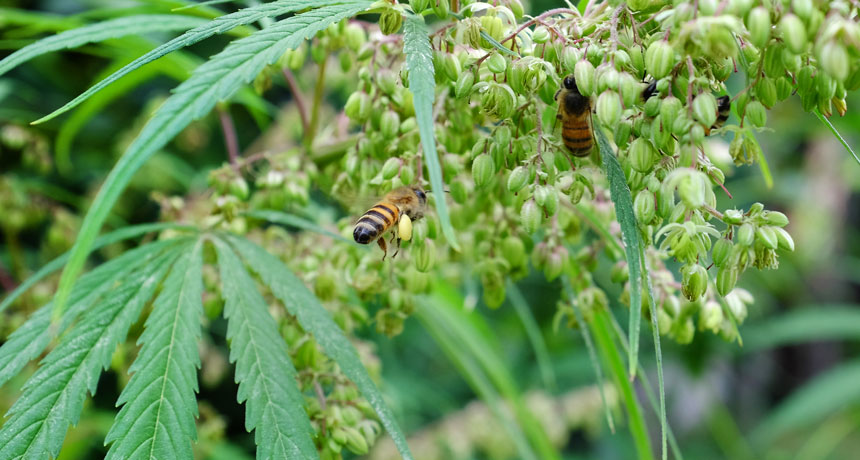CBD (Cannabidiol)
What is CBD (Cannabidiol)?
CBD oil is now legal to use as a nutritional supplement.
Used globally for centuries, Cannabis Sativa is an age-old health supplement. Hemp, or industrial hemp, is a strain of the Cannabis sativa plant species.
Cannabidiol or CBD is an ingredient naturally sourced from hemp plants that are bred for nutritional purposes. The CBD is primarily extracted from hemp paste, made from the leaves and flowers of the hemp plant, with hemp seeds as a secondary source.

CBD is one of 104 chemical compounds, known as cannabinoids, that can be found in the cannabis plant. It is a naturally occurring substance, which can be extracted and mixed with a carrier oil – often hemp seed or coconut – to create CBD oil. CBD is not psychoactive, unlike the most well-known cannabinoid, tetrahydrocannabidiol (THC), meaning that it won’t make you ‘high’ – the sensation most commonly associated with cannabis. It is, however, reported to offer a range of health and medicinal benefits.
How does CBD work?
Many cells in the body have what are called cannabinoid receptors, protein molecules on a cell’s surface that react when they come in contact with certain chemical substances. Different receptors react with different substances to cause different reactions – for instance, the release of a hormone or other chemical. The cells that react with cannabinoids comprise what’s known as the endocannabinoid system. When these receptors are activated, they exert an effect on mood, pain sensation, appetite and other biologic responses.
An example of CBD working towards homeostasis within the body.
The activation of adenosine receptors by CBD gives the anti-anxiety and anti-inflammatory effects of cannabidiol.
Adenosine plays a role in signalling various pathways and functions in the body but these receptors can be affected by other external substances, such as caffeine. Adenosine is a type of neurotransmitter that is involved in energy metabolism and expenditure. You produce more throughout the day as your body does physical work and your brain carries out numerous cognitive functions. More is released in response to metabolic distress, exercise, oxidative stress and trauma, so levels in the body are always fluctuating.
For example – adenosine can be blocked by caffeine. Caffeine blocks the adenosine receptor which in turns means you feel more excited and energised because adenosine would normally make you more relaxed. Caffeine blocks the adenosine receptor and triggers a secondary response of catecholamines (hormones produced by the adrenal glands) these include, adrenaline, noradrenaline and epinephrine – all of the catecholamines which cause us to have this heightened sense of awareness and alertness. This is what’s giving us the energy ..it’s not specifically the blocking of the adenosine. When we allow the adenosine to operate efficiently you’re slowing down the adrenaline and epinephrine and allowing your body to relax. This is why people report CBD oil provides a calming effect.
CBD’s anti-inflammatory and anti-anxiety effects are in part attributable to its inhibition of adenosine reuptake. By delaying the reuptake of this neurotransmitter, CBD boosts adenosine levels in the brain, which regulates adenosine receptor activity. A1A and A2A adenosine receptors play significant roles in cardiovascular function, regulating myocardial oxygen consumption and coronary blood flow. These receptors have broad anti-inflammatory effects throughout the body.
What’s the difference between CBD oil from hemp and CBD oil from marijuana?
- Hemp contains naturally high levels of CBD and low levels of THC while marijuana produces low levels of CBD and high levels of THC. To get CBD oil from marijuana, special strains must be developed and hybridized, which means the oil is not being derived from a source that occurs in nature.
- CBD oil from hemp is legal while CBD oil from marijuana is only legal in specific states and for the treatment of specific disorders – mostly those involving seizures. That means that in those states where its use is legal, you must have at least one prescription to obtain it.
- Because hemp contains much higher levels of CBD compared to marijuana, extracting it is much simpler – and much less costly. Therefore, it’s available at a much lower cost.
- CBD oil from hemp suffers from some image problems, thanks to its link with marijuana, its use as a supplement is still far more socially acceptable and less controversial than CBD oil from its cousin.
Why do so many people prefer CBD from hemp compared to CBD from marijuana?
Well, primarily because it’s just simpler to get. Because it’s legal, it can be ordered online without a prescription.
Second, many people prefer the natural aspect of CBD oil found in hemp, which doesn’t need to be coaxed or altered in order to derive high levels of CBD from it. CBD oil from hemp is pure, which means the levels of THC and other trace compounds are miniscule. That means you can count on getting the effects of CBD without experiencing unwanted side effects.
And finally, because hemp-derived CBD oil has been used for so long medicinally. Many people trust it more than CBD oil from hybridized pot strains, which have only recently begun to be explored as a medicinal product.

